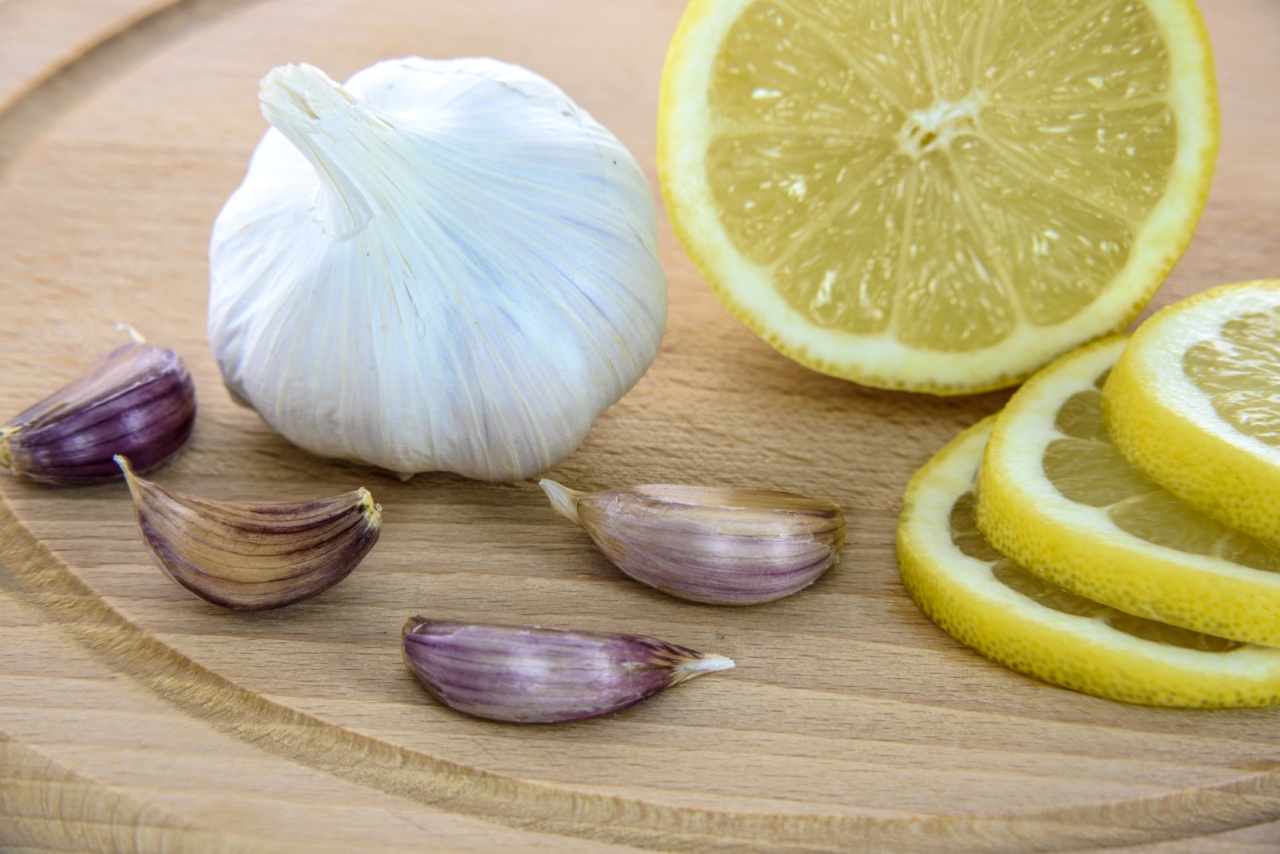Honey has earned its nickname as nature’s antibiotic over the years. It has been used since ancient times due to its many medicinal properties. Honey has been a healing agent in traditional medicine since the time of the ancient Egyptians.
Honey has been used to treat a variety of ailments, including sore throats, coughs, and wound infections, to name a few.
Honey’s Antibacterial Properties
Honey is a natural antibacterial agent, which is why it’s so effective at treating infections. When bees gather nectar, they add an enzyme called glucose oxidase to it. This enzyme produces hydrogen peroxide, which is antibacterial.
Additionally, honey is low in water content, which makes it inhospitable to bacteria. Finally, some types of honey contain an additional antibacterial compound called methylglyoxal (MGO).
Methylglyoxal (MGO) is a compound found in some types of honey that has been shown to have antibacterial properties. In Manuka honey, which is derived from the Manuka bush in New Zealand, methylglyoxal (MGO) is present in high concentrations.
This is why Manuka honey is often touted as a powerful antibacterial agent.
Honey’s Antioxidant Properties
Honey is also high in antioxidants, which can help reduce inflammation and promote healing. Antioxidants help the body fight off damaging molecules known as free radicals.
These molecules are naturally produced by the body but can become harmful when their levels are too high.
Studies have also shown that honey is effective against Helicobacter pylori, a bacteria commonly found in the stomach that can cause ulcers and stomach cancer. Honey can also help heal burns, skin wounds, and even diabetic ulcers.
The Different Types of Honey
There are many different types of honey, each with its own unique flavor and nutritional profile. Most commercial honey that you find in grocery stores is pasteurized.
This means that it has been heated to high temperatures to kill bacteria and extend its shelf life. While pasteurization may improve the shelf life of honey, it also destroys many of the beneficial compounds found in honey, including enzymes and antioxidants.
Raw honey, on the other hand, is unprocessed and unpasteurized. It retains all of its natural antibacterial and antioxidant properties. However, raw honey can also contain pollen and other impurities that may trigger allergic reactions in some people.
The Benefits of Honey
Honey has a wide range of health benefits, some of which include:.
1. Fighting infections
Honey is a powerful antimicrobial agent that can help fight off bacteria and other pathogens. It can be used topically to treat wounds, burns, and other skin conditions or ingested to help soothe sore throats and coughs.
2. Soothing sore throats and coughs
Honey has long been used as a natural remedy for sore throats and coughs. Its antibacterial and anti-inflammatory properties can help reduce inflammation and relieve pain and discomfort.
Some studies have even shown that honey is more effective than over-the-counter cough suppressants.
3. Boosting energy and immunity
Honey is a natural source of carbohydrates, which can help boost energy levels. It also contains antioxidants that can help boost immunity and protect the body from free radicals.
4. Improving digestion
Honey can help improve digestion by reducing inflammation in the gut and promoting the growth of beneficial gut bacteria. It can also help soothe digestive issues like acid reflux and bloating.
Conclusion
As you can see, honey is a versatile and powerful natural remedy with many health benefits. Whether you’re looking to fight off infections, soothe a sore throat, or boost your immune system, honey is a great choice.
Just be sure to choose raw, unprocessed honey to get the most benefit from this ancient remedy.































